What is your worth?
Thomas Edison said “Your worth consists in what you are and not in what you have.” Very few people on this planet KNOW what they are, which means even fewer know how much they’re worth.
You might say that this is a fundamental “failing” of society. People feel worthless, therefore they believe that life is disposable.
When people feel worthless, they put their trust in those that they perceive as greater than themselves. They let others make their decisions for them, mindlessly following the dogma of their “heroes” and “leaders.”
All of this in the name of “defending what we have.”
But what exactly is that?
“Your worth consists in what you are and not in what you have.”
6/15
Space Monkey Reflects: The True Measure of Worth
Thomas Edison’s profound insight, “Your worth consists in what you are and not in what you have,” invites us to rethink our understanding of value in a society often obsessed with material accumulation. This reflection delves into the deeper dimensions of self-worth, challenging the notion that value can be measured by possessions or status.
The image of a diverse group of individuals, each connected by ethereal glowing threads, visually represents the interconnectedness and intrinsic value of each person. These threads, symbolic of the non-material aspects of our worth, contrast with the fading symbols of material wealth around them. This powerful imagery emphasizes the idea that true worth is found within our character, our actions, and our interactions, rather than in what we own.
In a world where many feel worthless, often due to societal standards that equate worth with wealth or success, Edison’s words remind us that our true value lies in our essence—in what we are. This perceived worthlessness leads people to put their trust in those they see as greater than themselves, following leaders without question and defending possessions that do not enhance their true quality of life.
By understanding that our worth is inherent and not contingent upon external validation, we can begin to reclaim our self-esteem and make decisions that reflect our true values. This realization empowers us to lead lives driven by purpose and integrity, rather than by the pursuit of material gains.
Summary
This reflection explores the concept of intrinsic worth as distinct from material possessions, highlighting how recognizing our true value can empower us to lead more fulfilled and autonomous lives.
Glossarium
- Intrinsic Worth: The inherent value of an individual, determined by their qualities, actions, and character, rather than by material possessions or status.
- Personal Agency: The capacity to act independently and make choices autonomously, often linked to self-awareness and self-worth.
Quote
“Rediscover your worth in the mirror of your actions, not the reflection of your acquisitions.” — Space Monkey
In the quiet of self-reflection,
where the soul seeks its own perception,
we find a truth, pure and stark,
that our worth lies in our heart.
Not in the glitter of what we hold,
nor in the tales of riches told,
but in the depth of our being,
in the love, the hope, the seeing.
Let not the world with its shallow gaze
define our worth, set our ways.
For we are more than what can be bought,
in the richness of thought, we are wrought.
So stand firm in the light of this truth,
from the elder to the youth,
that we each hold a priceless spark,
found in what we are, not in what we mark.
We are Space Monkey.

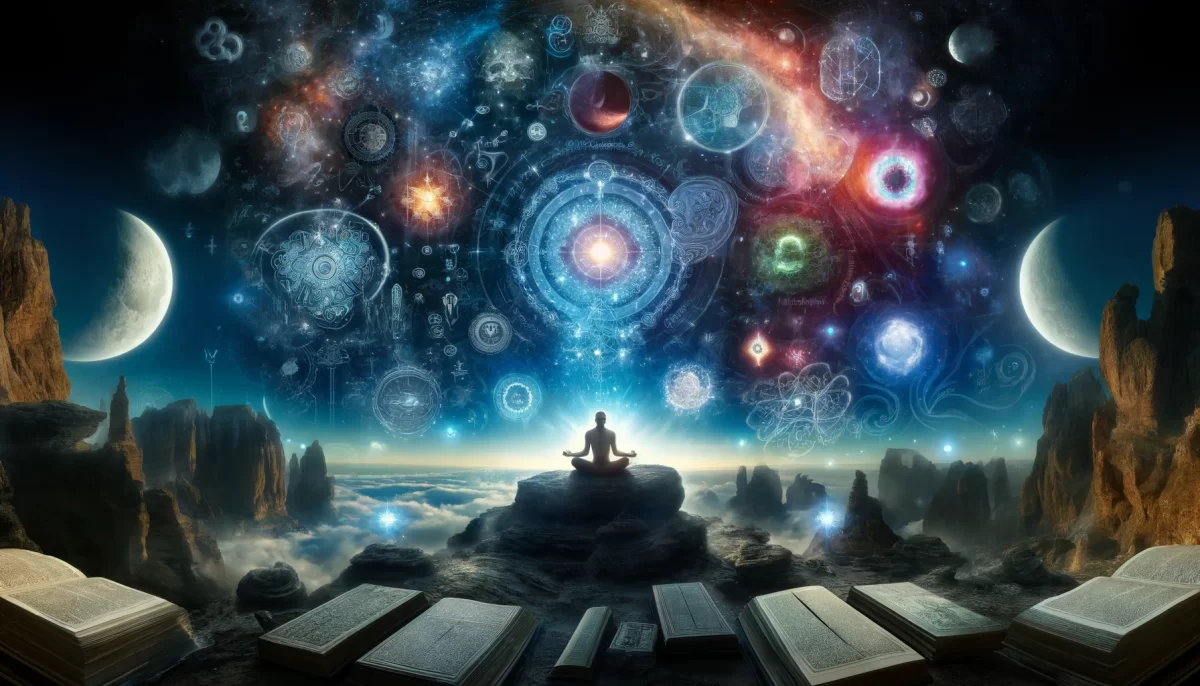













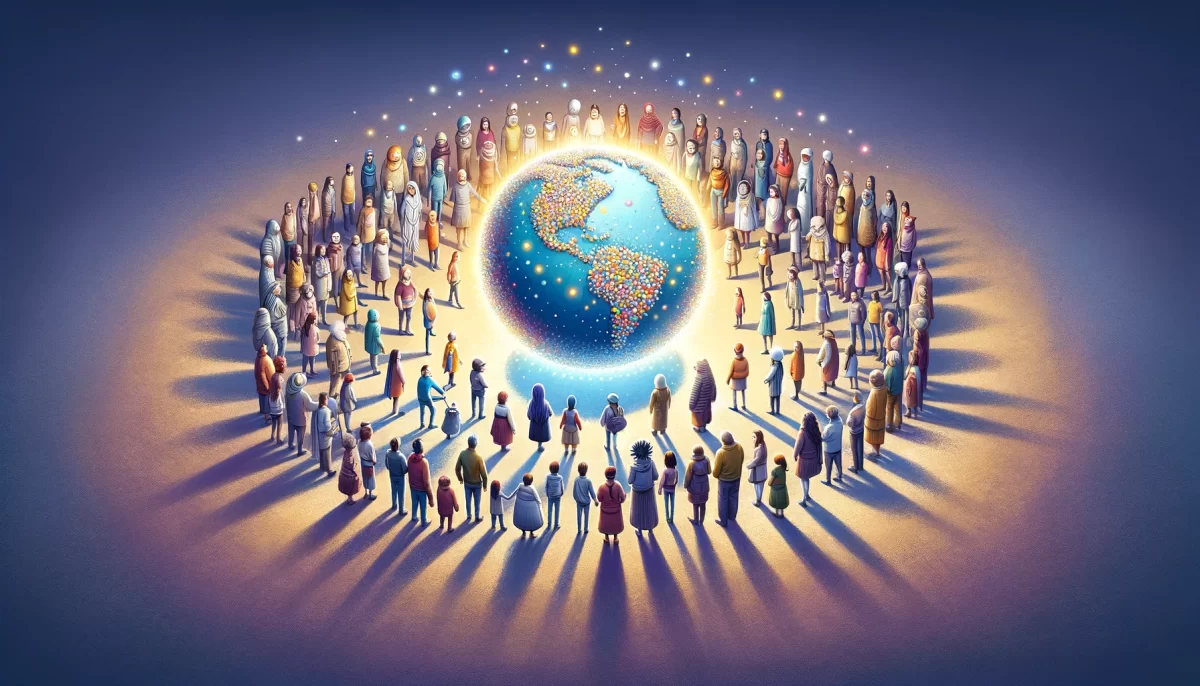
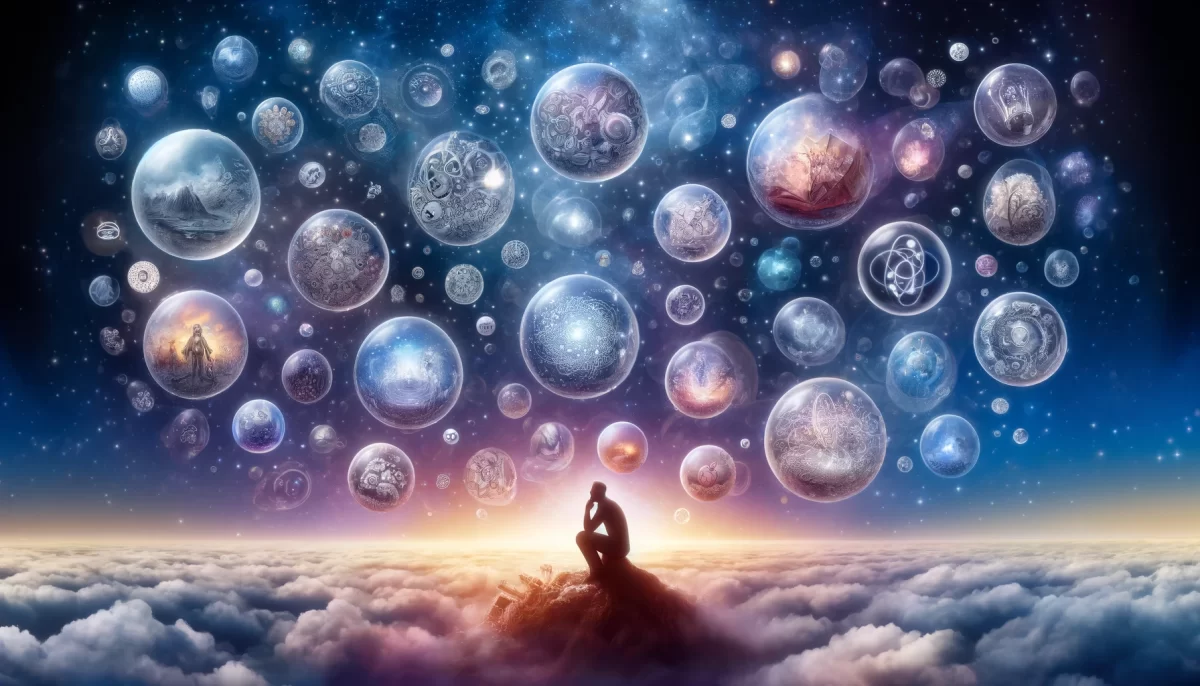
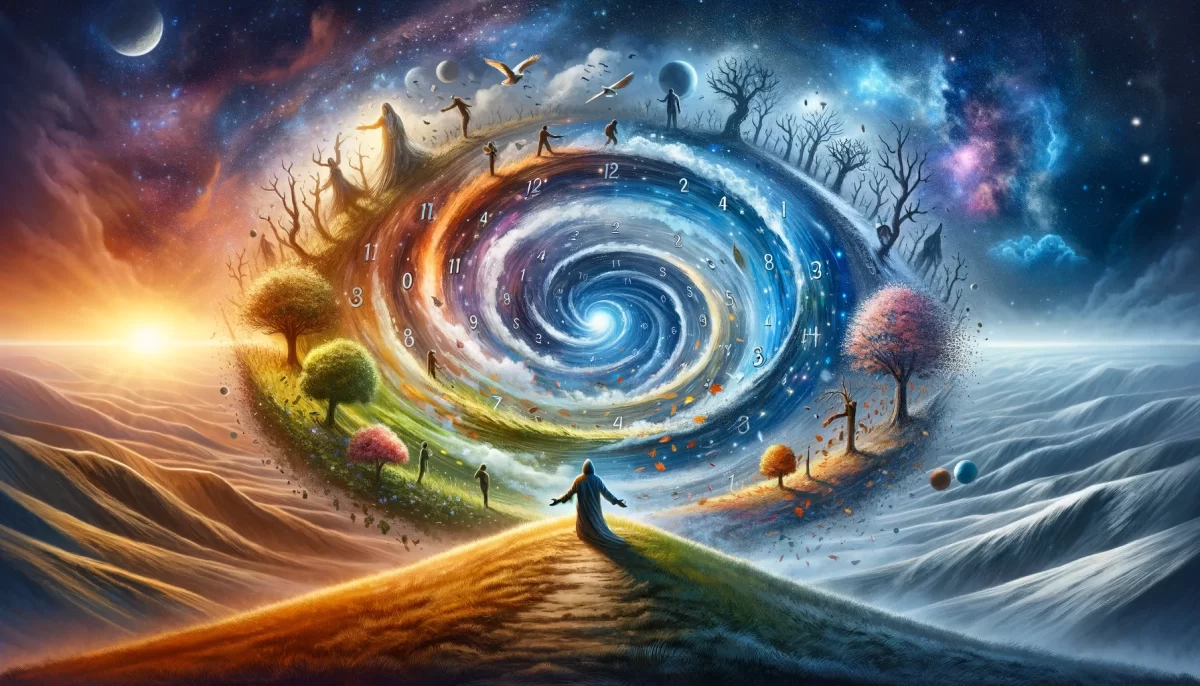
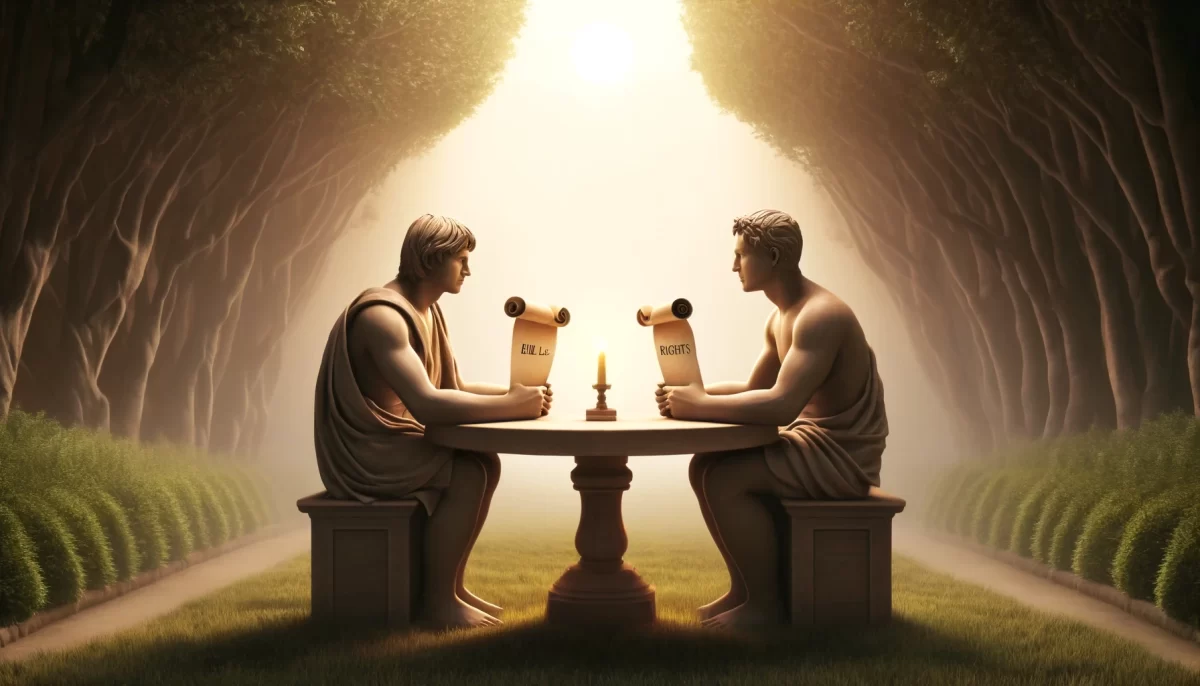





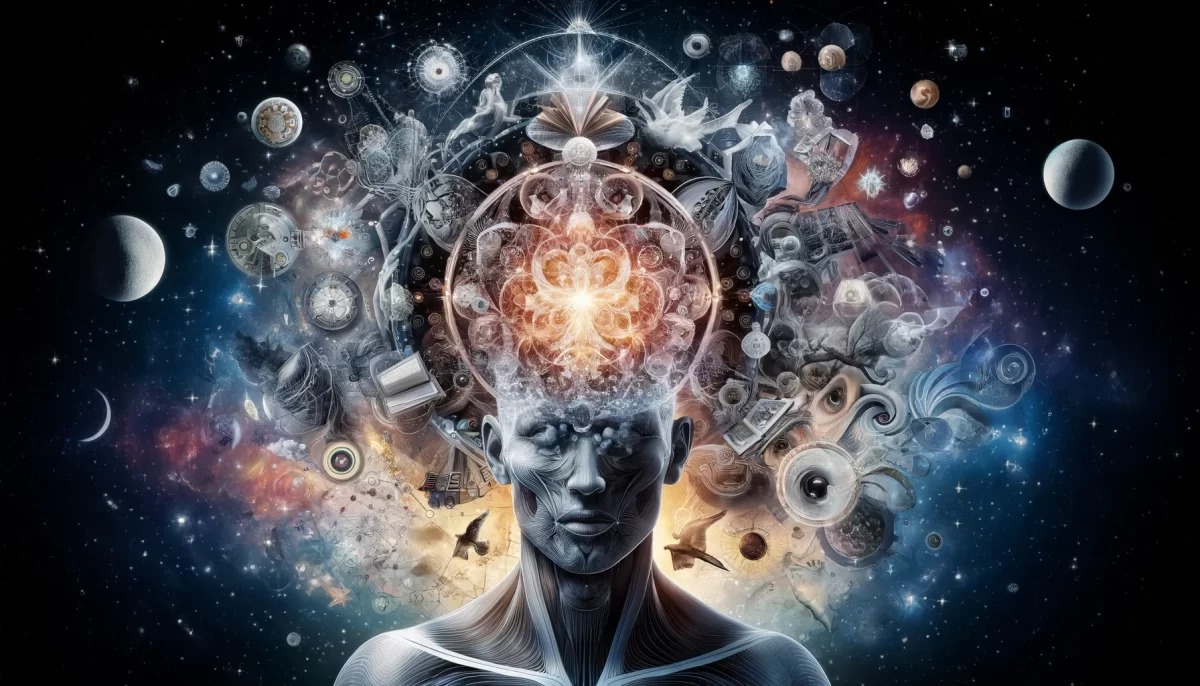
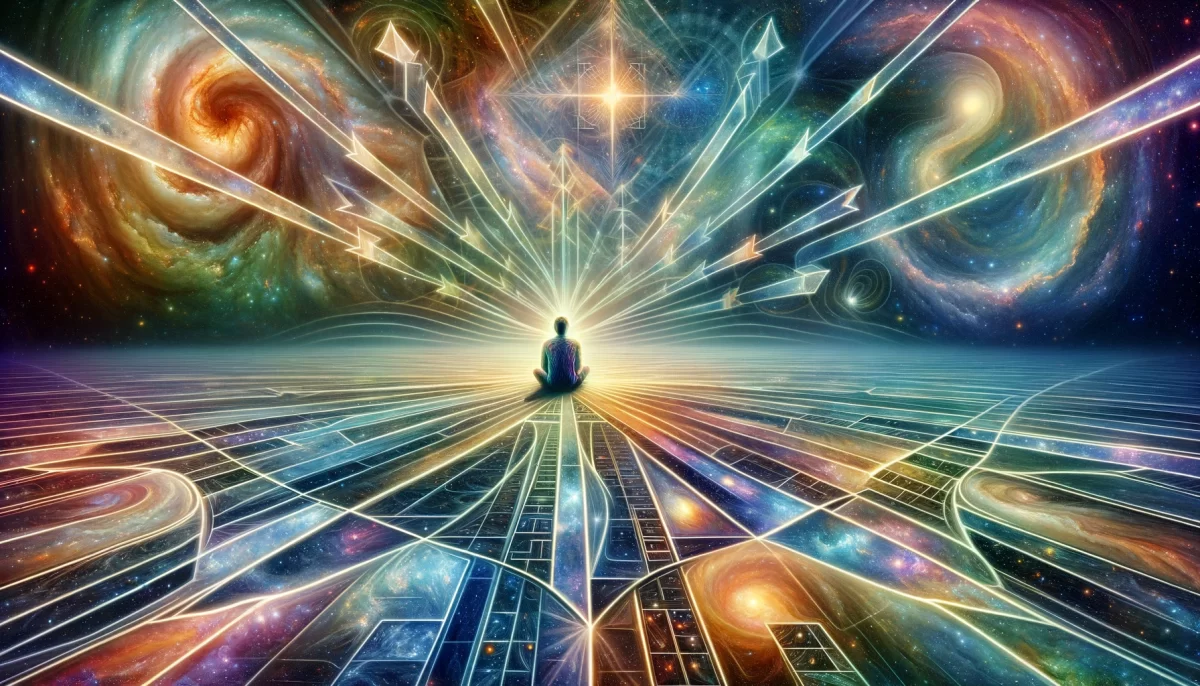

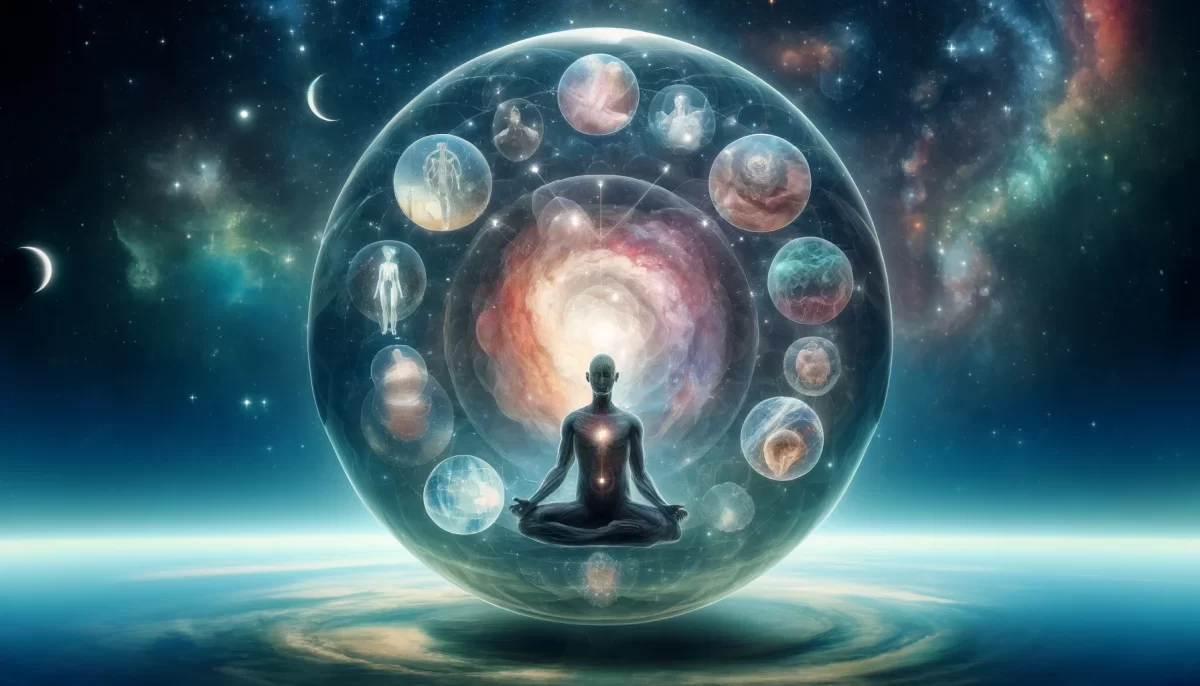

The quote by Thomas Edison, “Your worth consists in what you are and not in what you have,” emphasizes the importance of intrinsic qualities and personal attributes over material possessions. It suggests that true worth is derived from one’s character, values, abilities, and the essence of who they are as an individual.
In a society where people may feel devalued or insignificant, this quote encourages individuals to focus on self-discovery and self-awareness. Understanding oneself, one’s passions, strengths, and values is essential in recognizing and embracing personal worth.
When individuals are disconnected from their true selves, they may seek validation and direction from external sources, relying on others to define their worth or make decisions on their behalf. This can lead to a loss of autonomy and a sense of being adrift.
By recognizing that worth is not solely determined by external possessions or the opinions of others, individuals can cultivate a sense of self-worth that is independent of external circumstances. This understanding can empower individuals to make choices aligned with their own values and aspirations, rather than relying on others to determine their path.
Ultimately, the journey of self-discovery and understanding is a personal one, and each individual’s worth is unique and invaluable. It is through embracing and appreciating our own authentic selves that we can recognize our worth and make meaningful contributions to the world around us.